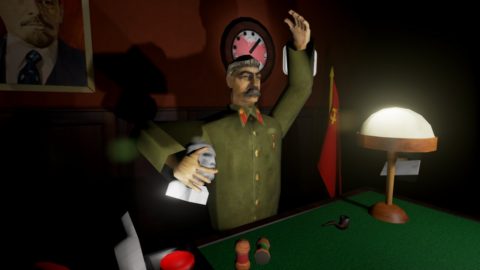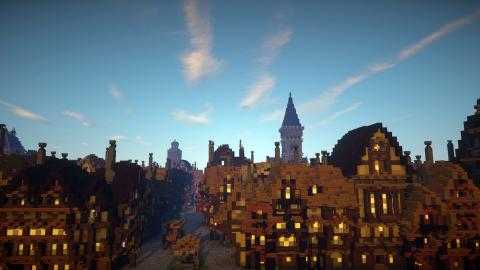
The Irish mythology and music behind watercolor game Scéal
Sandro Magliocco spent his childhood playing around and exploring the medieval coastal town of Carlingford, Ireland. So when his Slovakia-based, multinational team at Joint Custody decided to set its debut title in Ireland, it made sense for him to revisit those early memories and set the game in a place he knew well. But more than that, Magliocco argues that the Cooley Peninsula—where Carlingford is located—lends itself well to a videogame environment for two reasons. “Firstly, there’s the geographical variety, from the mountain of Slieve Foy looming over Carlingford village, to the forests and hills connecting to the village of Omeath, and the waters…







